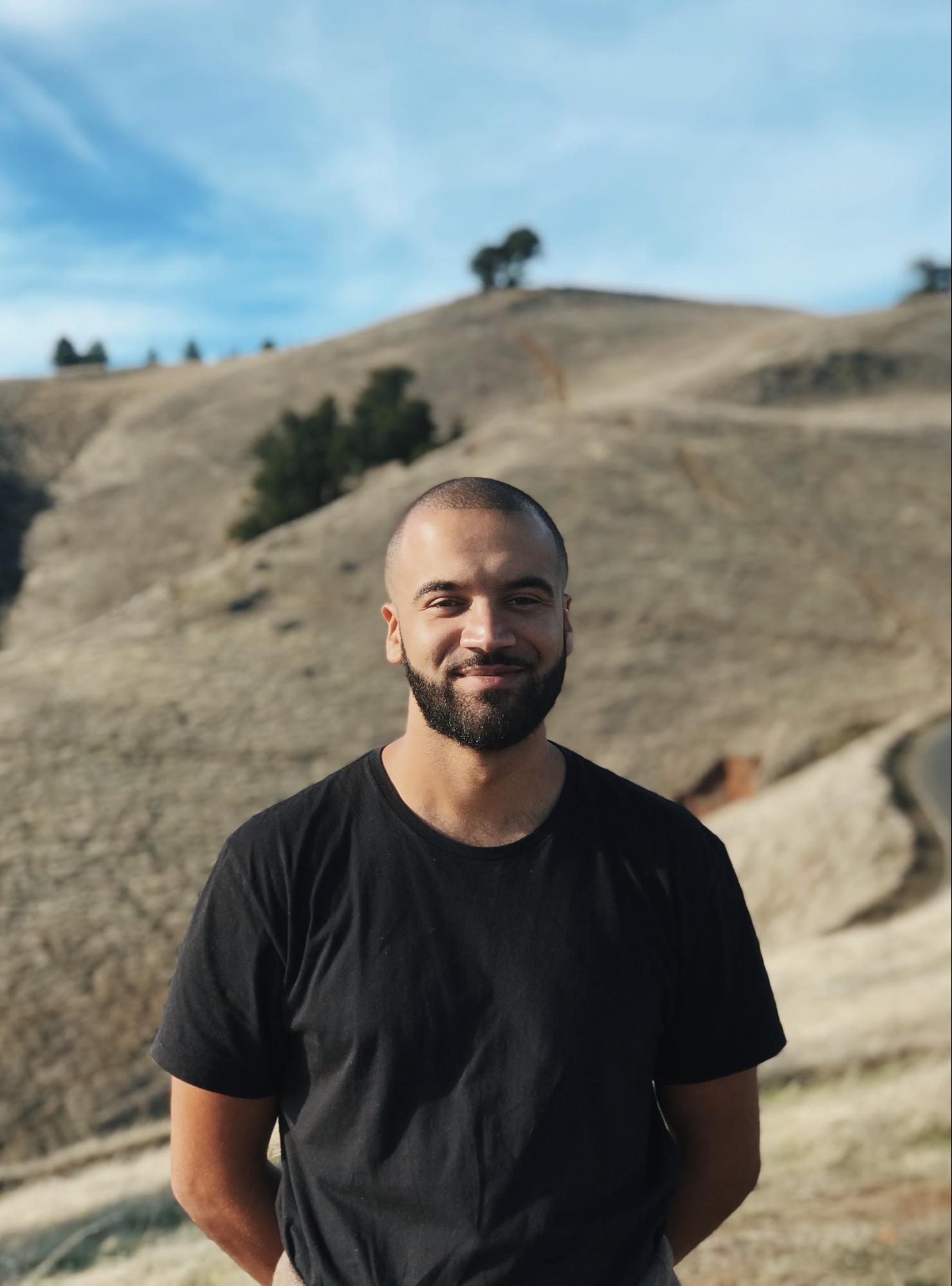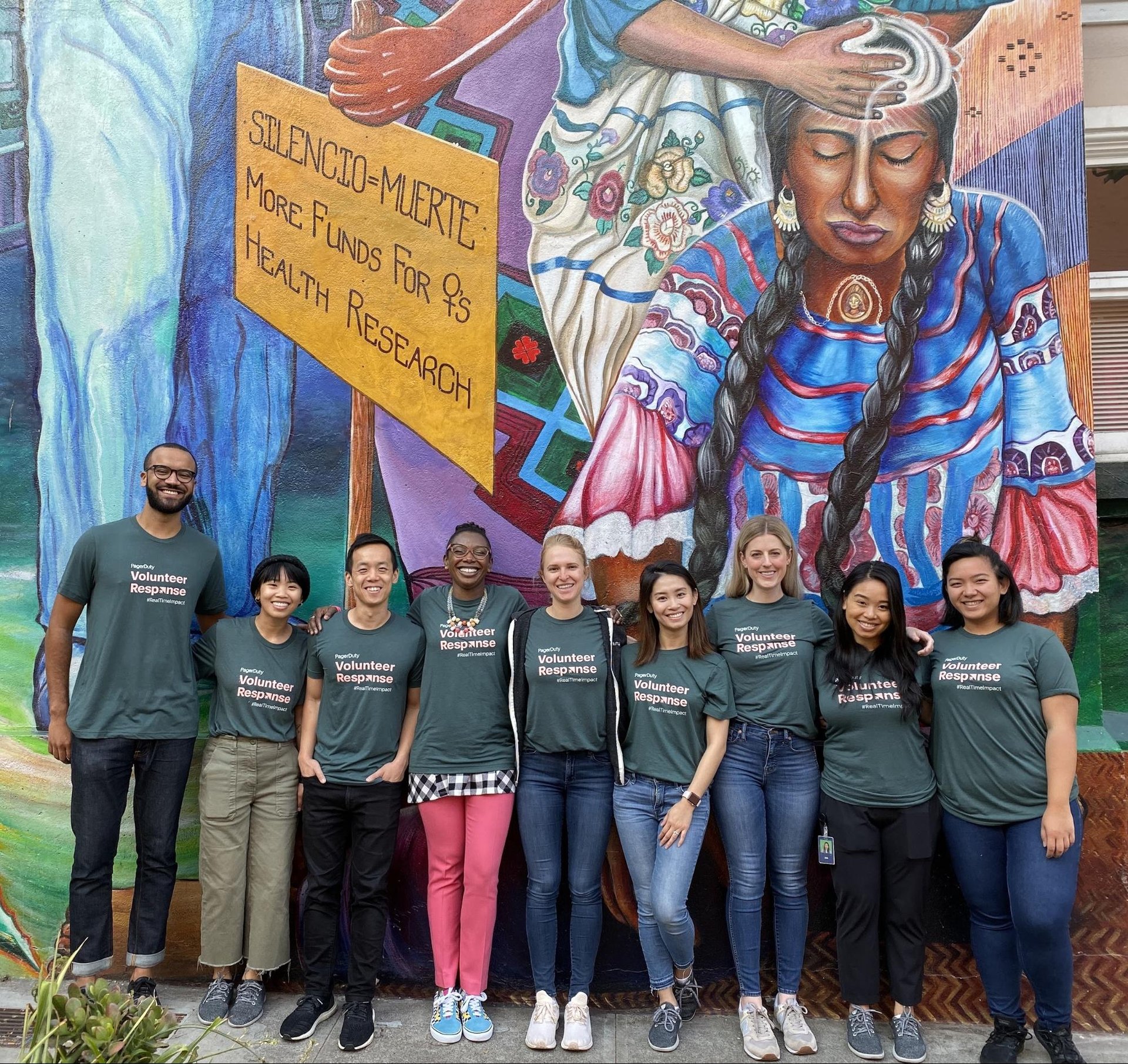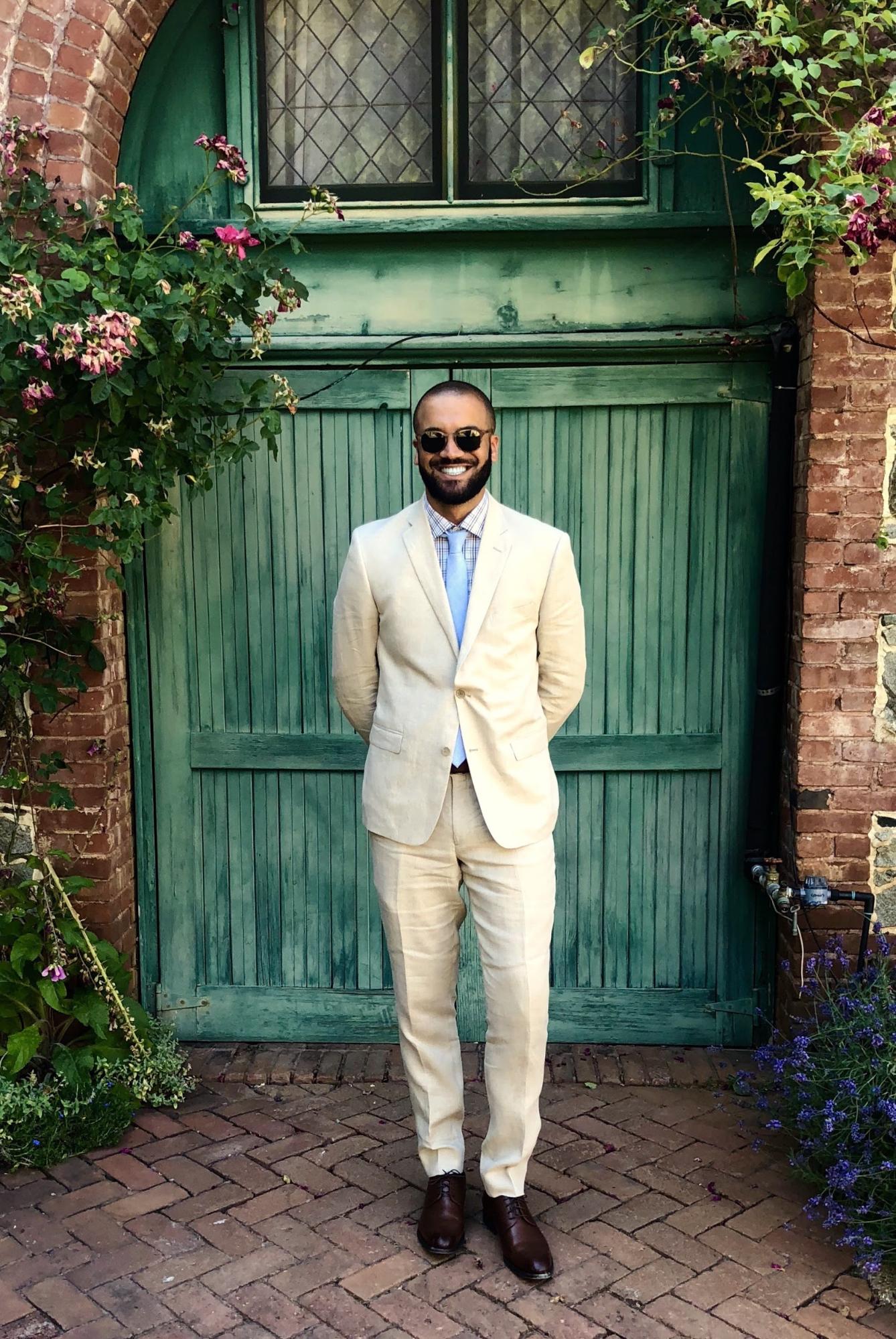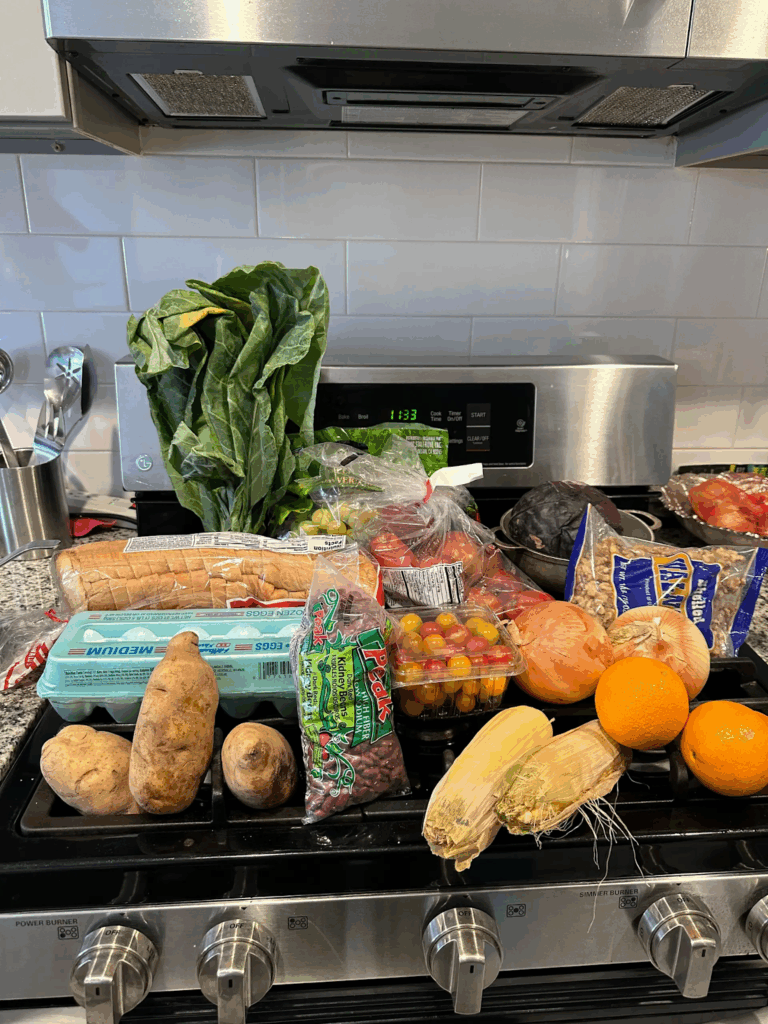- PagerDuty /
- Blog /
- Social Impact /
- Employee Spotlight: PagerDuty’s Inaugural Social Impact Award Winner
Blog
Employee Spotlight: PagerDuty’s Inaugural Social Impact Award Winner
PagerDuty.org congratulates Adam Boone, a Sales Operations Analyst at PagerDuty, as the inaugural recipient of the Social Impact Quarterly Leadership Award for his commitment to integrating social impact within his day-to-day role. As co-lead of Array (PagerDuty’s Black and Latinx employee resource group), Adam actively seeks to foster lasting relationships with local community partners and PagerDuty.org grantees in his mission to connect employees to organizations with diverse causes.
The Social Impact award recognizes PagerDuty employees who significantly contribute to their local and global communities through volunteering and giving, #TakeTheLead on initiatives that serve community partners, and encourage fellow Dutonians to #RunTogether for collective impact. This award embodies an important element of our Pledge 1% commitment and vision for integrated social impact—that Dutonians are a dynamic force for good—to drive impact within the company, with our customers, and in the communities where we live and work.

We had the chance to speak with Adam about how intersectionality influences his work to align social impact and inclusion, diversity, and equity (ID&E) to create opportunities that uplift the communities of which we are all a part of.
How has your understanding of intersectionality shaped the way you approach philanthropy?
AB: Intersectionality, or the compounding impact of having multiple, intersecting identities, has tremendously shaped my experience as a Black man. For example, my race walks into a room or dials into Zoom calls before I do. But my gender, my personality, and several other factors are what ultimately shape the perception of the people in the room or on the other end of the call. What I’m saying is, my experiences, albeit not unusual to a cohort of underrepresented people, are nuanced and influenced by multiple layers of my identity. And while it may feel like a heavy weight to carry, my uniqueness is also something worthy of light and celebration. It has ingrained in me a deep responsibility to help support and uplift other members of my cohort.
Because of this, I try to approach philanthropy with an intersectional consciousness that reflects and honors the varied experiences within communities. My hope is that instead of simply having an hour-long conversation or offering a one-time donation, I can build sustainable connections that have long-term, positive outcomes. That’s what philanthropy is in my mind: Giving back so that we can help those carrying a heavier weight on their shoulders push forward on this journey together.
How did you go about identifying a cause that you could truly connect with and invest in?
AB: Olivia [Khalili] and the entire Social Impact Team have done some really remarkable work scaling impact programs and creating opportunities for Dutonians to give back in different ways. I think in order to identify a cause you truly connect with, you have to assess the personal privileges and opportunities you’ve been granted to understand what kind of opportunities you feel passionate about creating for others. From there, you begin to really shape your own vision for how to approach giving back. Personally, having participated in a career panel for Martin Luther King Middle School in San Francisco earlier this year, being able to try and make a lasting impact for younger kids is something that I’m deeply passionate about. To me, it’s important to provide perspective to the younger demographic that the entrance into a career in technology is not monolithic. Several entry points exist that can be reached through various avenues of opportunity.
As a Black kid growing up in the Bay Area, I didn’t always give myself the freedom to think that a career in tech was possible for me. But with the opportunities I’ve been granted and doors that have opened for me, I want the next generation of Black kids to understand they, too, can knock on those same doors and they will open for them. I’m committed to ensuring I do my part while I’m here to make sure those doors open for kids who look like me.

Our Social Impact Team helps connect Dutonians with local community partners for volunteering and giving-back initiatives. Is there a particular cause that is close to your heart and why?
AB: Locally, I’m really inspired by The Women’s Building and their vision for gender and social justice. As a women-led organization rooted in intersectionality, the programs and services they’ve built to support a community of over 25,000 women and families annually is incredible. Having grown up in the Bay Area, I can see how much has changed over the years and how it has disproportionately affected the Black and Brown communities.
With that, I wholeheartedly support The Women’s Building in their approach of intersectionality to bring both equity and justice to those most impacted from an ever-changing San Francisco. Nationally, I’m quite passionate about supporting The Equal Justice Initiative, an organization founded by Bryan Stevenson, and the work they are doing to end mass incarceration, reform our criminal justice system, and publish data on the racial injustices that have occurred throughout our country’s history.
Especially in this moment, I find it so important for us to collectively examine the roots of our tree—the history of our country—in order to understand the fruits of our tree, which translates to the repeated acts of racism, racial injustices, and racial inequities that we see take place each and every day.
We traditionally associate volunteering with in-person, community-driven experiences. How has this transition to virtual volunteering created new opportunities for Dutonians to give back?
AB: Transitioning to a virtual workplace has been interesting, to say the least. It’s a trying time in more ways than one, but I think keeping perspective on what’s important has been key for me. Understanding our ability to skip a commute and “log in” to work from wherever we are is a huge privilege in and of itself—a privilege that’s not afforded to everyone, particularly those who have jobs that we as a society have finally started to recognize as essential to our way of living. The same way our industry opens doors for businesses and consumers, our access to these different products and services opens doors for us to give back outside of our own backyard and bubble.
Covenant House of Georgia is an example of an organization I would like to volunteer with because homelessness is not an issue unique to San Francisco, and they have some incredible services to help out their community. Not only is this an opportunity to give back, but it also allows me to connect with colleagues from our Atlanta office that I normally don’t work with as part of my day-to-day responsibilities. Similarly, fundraising is an important aspect of giving back without much time commitment.
Recently, I was very inspired by a fellow Black colleague in our Toronto office who started a fundraiser and ended up raising more than $15,000 for Black Lives Matter’s Canadian Chapter. There are several new avenues for Dutonians to give back with virtual volunteering, but I think the global health crisis has provided a clear vision for everybody to understand what’s truly important. To me, giving back feels as essential as wearing a mask these days.
How has your work in social impact helped shape you professionally and personally?
AB: Being able to work with our Social Impact team has shown me that, while my day-to-day responsibilities can help PagerDuty “move the needle” in some form or fashion for the business, being able to give back to my community can move mountains. I don’t take this position lightly, and I’m grateful to be in a position where I can give back.
Working for PagerDuty and having a manager who fully supports me partnering with these organizations and giving back helps create and reinforce a necessary sense of empathy to be able to do our best work. To do my best work, that sense of empathy is key, and social impact helps us see how our work in this industry proves that technology is designed to amplify the best parts of humanity.
Personally, I take pride in supporting my local community and working to preserve the traditional aspects of San Francisco, particularly for those that look like me and are being disproportionately affected by gentrification, racial wealth/wage gaps, and, now, an unprecedented health crisis. The opportunities we have to make a difference by way of social impact—especially now during this global pandemic—are endless and can lead to incredible growth, both personally and professionally.

Before we let you go, social impact is about action. Do you have any advice to share for how someone can kick start their volunteer journey?
AB: I think having folks get out from behind a shield of comfort and complicity that says, “Let me know what I can do to help” or “I fully support the cause” and transition into learning more about organizations that support the communities around them. Understanding that this work is a time commitment, you have to take time to make time, and in doing this work, you gain a greater sense of empathy to bring in and out of the workplace.
As Dutonians, to truly embody our cultural values is to apply these values to more than just our job. This comes in the form of supporting our employee resource groups, who often are leading volunteering efforts across the company.
Whether you identify as a member of an oppressed/underrepresented group or as an ally, supporting your colleagues through volunteering is an easy way to begin your own journey to give back. Because of this new, virtual work-from-home environment, we have access to nonprofit organizations that are crafting programs tailored specifically to this virtual experience. Whether it be supporting your hometown or a community you stand with as a member or ally, once you have identified a cause you’re passionate about, you have to do the work.
There are opportunities waiting to be created and doors to be opened for those in underrepresented communities. By working in the technology sector in a world that’s becoming increasingly more digital, we have the keys to those very doors.
To learn more about PagerDuty’s mission and vision to drive social impact in the technology space and beyond, visit PagerDuty.org today.


